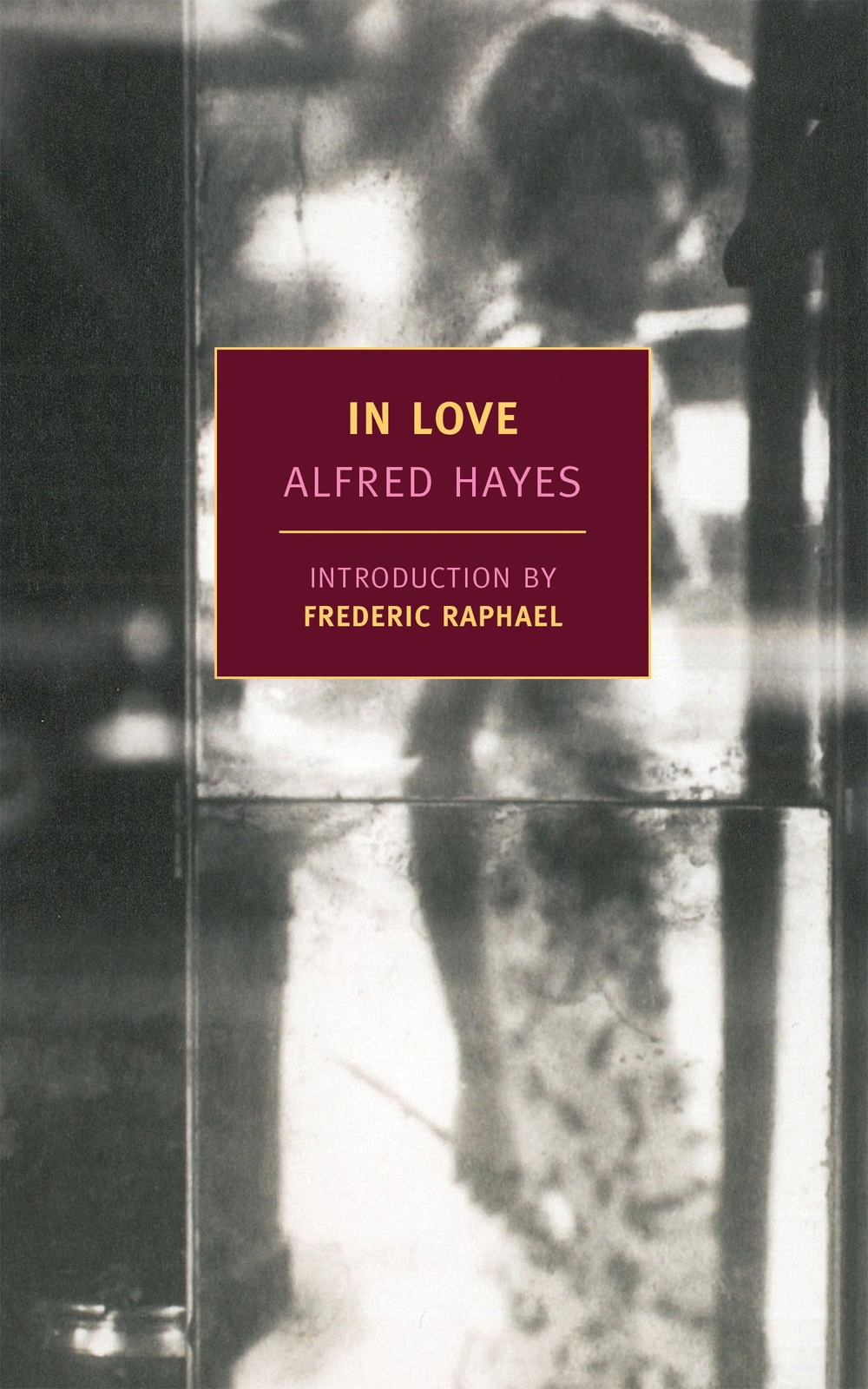 In Love
In Love (1953) is a novel by Alfred Hayes about the breakup of a relationship. The story is set in New York after World War II, and two main characters are nameless. The narrator is a man who is nearly 40 years old. He’s a writer who has lived in New York City his whole life. He doesn’t have his own home and lives in a hotel. This drifting and inability to commit extends to his relationships. In Chapter 1, the narrator begins telling a story to a pretty girl at a hotel bar. It’s the story of his previous relationship. The next nine chapters describe this relationship and its eventual breakup.
The narrator was involved with a young woman, who was nearly half his age. She was "not yet twenty-two, a mother, divorced, alone." At 17, she got married, and the next year, she had a child. Her marriage ended badly. After her divorce, the woman’s daughter was sent to live with her mother and step-father in the suburbs. The woman dreams of security, commitment, a second loving marriage, a home, and another child. She wants to be "happy, quietly happy, beautifully happy, genuinely happy." She’s often melancholy and quiet. The narrator doesn’t fully understand her.
The woman lives in a tiny studio apartment, and she’s so afraid of potential prowlers that she has a tear-gas gun for her protection. It resembles a fountain pen and sits within reach on her coffee table. The narrator doesn’t take her fears seriously, and he mainly enjoys having pleasurable evenings with her. Beyond that, he’s not interested in providing her with the security she seeks or any form of commitment.
Their routine is turned on its head when the woman goes out with friends and meets a rich man named Howard. Attracted to the woman’s beauty, Howard offers her $1,000 to spend a night with him. As noted in the quote from the
The Guardian on the book's back cover and in the book’s introduction, this plotline preceded that of the novel
Indecent Proposal and its film adaptation.
The woman arrives home and tells the narrator about the offer, first shrugging it off, but then returning to the idea. She wonders if the money would be tainted. However, it’s such a large sum, and the money could be used to provide for her daughter. She reasons that the narrator would forgive her. It would just be one night. The narrator doesn’t speak up or act in any way to stop her. After having a nightmare that her daughter died, the woman decides to call Howard.
She begins seeing Howard, who treats her to fine dining and fancy outings. Meanwhile, the narrator sees how empty his life is without her. Perhaps, also realizing that his girlfriend was sought after by a rich man, he begins to reassess her value. He now feels that he loves her, and his jealousy and resentment grows. The woman eventually leaves the narrator for Howard, and the narrator takes the loss very badly.
Three months later, the woman calls the narrator late at night. He heads straight to her place. At first, he is grateful to be with her again, and he proposes a trip to the white sand dunes on the New Jersey shore, saying "It would be so nice to go away. The dunes were something we owed each other." Unfortunately, his plan falls apart. It’s late October, and all the little summer places are closed for the season. As they drive on in the cold, the narrator decides to stop in Atlantic City instead. Everything about their trip is going wrong. Instead of trying to make amends, the narrator resents the woman for being silent. Later, in bed, he sexually assaults her to "bring her back," but concludes that, "my taking her as I had, had widened the distance between us; she was still there, wherever the ocean had her, and locked up wherever she was locked up, and I hated her now."
It's a painfully sad scene. After arguing, she dresses, and they leave the hotel just three hours after checking in. Subsequently, the narrator meets a joint friend named Vivian who gossips that Howard refused to marry to the woman, and that’s why she had returned to the narrator. Now angry and vindictive, he decides to blackmail the woman into sleeping with him in exchange for him remaining silent about their relationship. Otherwise, he’ll send Howard a letter, telling him everything.
She arrives at the narrator’s door, and the pair argue. Finally, the narrator decides the woman is free to go. She now offers him a proposition that they continue their affair after she marries Howard, but he refuses. Perhaps, he doesn’t want the power in their relationship to be in her hands. He finally accepts that their relationship is over and sends her off to marry Howard. In the final chapter, the narrator is ready to move on with a new, pretty, young girl. In the end,
In Love was not much of a love story after all, but more a story of desperation, possession, power, cruelty, and misunderstanding.
I always read an introduction after finishing a novel to avoid spoilers, so I turned to Frederic Raphael’s introduction to
In Love after concluding the story. It was a strange mix of snobby insults and flattering remarks. Most of the remarks on films went over my head. Raphael’s comments on Hayes’ life included a lot of guesswork and seemed poorly researched, unlike most NYRB intros. Raphael seems to define a writer’s success by being an A-lister and sleeping with notorious women, and he hypothesizes, without evidence, that Hayes had a "lack of thrusting ambition" although he notes that Hayes was nominated for an Oscar.
Raphael considers
My Face for the World to See, Hayes’ 1958 novel, to be
In Love’s "quasi-sequel." Despite the similarities in style, the two novels are unrelated, stand-alone works. Both Raphael and David Thomson, who wrote the introduction for
My Face for the World to See, conflate the fictional male narrators of Hayes’ fiction with Hayes himself. However, it’s unfair to assume Hayes shares the opinions of his characters and to consider the novels to be entirely autobiographical.
One thing that put me off about both books was the sexism of the book cover blurbs by NYRB. The back cover of
In Love insultingly describes the 21-year-old woman as, "good-looking, if a little past her prime." The back cover of
My Face for the World to See describes the 25-year-old woman, saying, "She’s a survivor, even if her beauty is a little battered from years of not quite making it in the pictures." Meanwhile, the middle-aged male protagonists don’t come under any scrutiny, not for their appearance and not for pursuing young women roughly half their age.
I thought
In Love was a compelling, engaging read. I’m glad I read it after reading
My Face for the World to See. Hayes is a great writer with a unique style that reveals the inner monologues and thoughts of his characters. Both novels left me thinking. Most of all, I was left wondering how different the stories would be if told from the female perspective.
Related Review:
My Face for the World to See by Alfred Hayes
The End of Me by Alfred Hayes
Purchase and read books by Alfred Hayes:
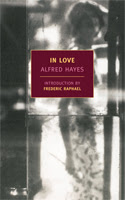

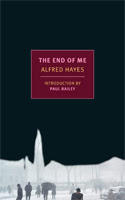
©
penciledpage.com


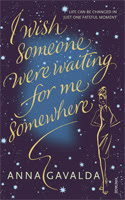













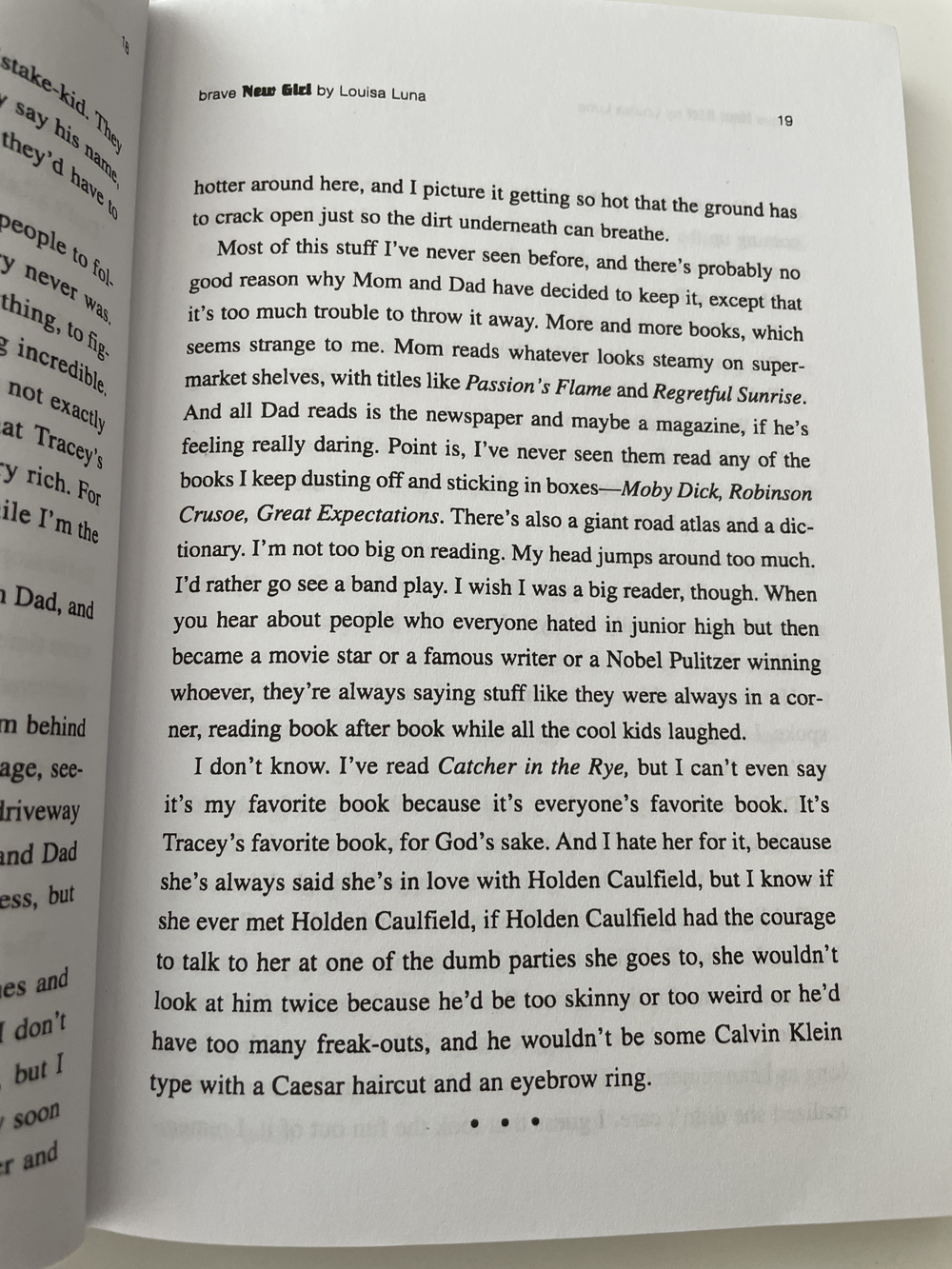

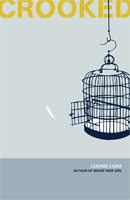


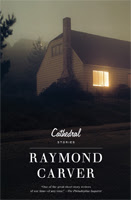
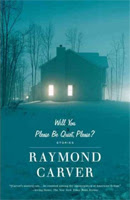




Search This Website